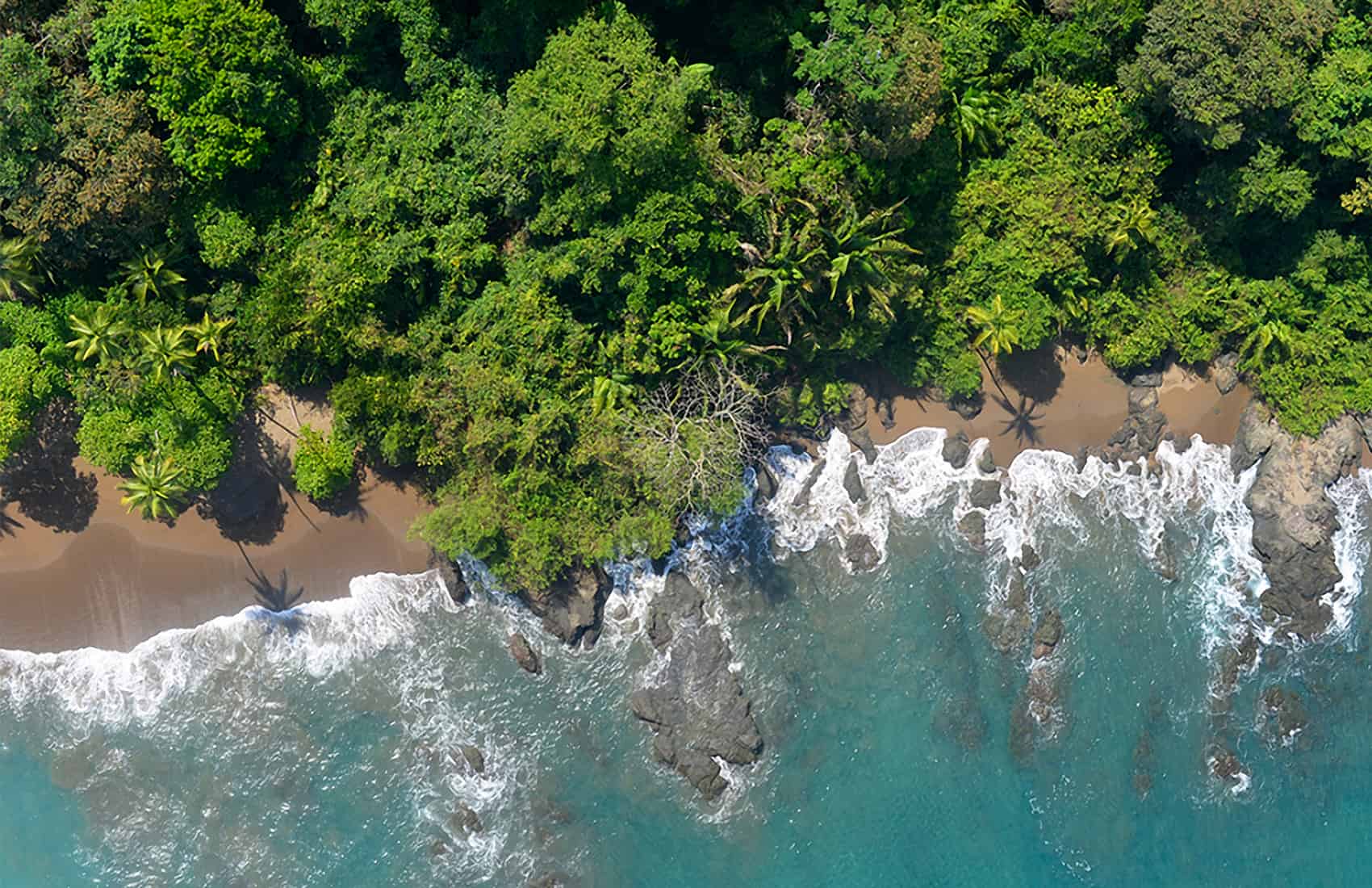If you ask a child growing up in New Zealand, North America or South Africa what he would like to be when he grows up, there is a possibility that along with astronaut and rock star he will list national park ranger. Not so in Costa Rica – though perhaps this is about to change. Such a change might be indicative of the progress being made by ProParques, a nonprofit organization made up of academics, environmentalists and entrepreneurs who share a commitment to the sustainability of Costa Rica’s national parks.
Since 2006, the organization has been developing a range of programs and securing financing to boost the parks’ self-sufficiency, better qualify park rangers and improve facilities. And, by the beginning of next year, ProParques hopes to roll out its new membership scheme, which, for the price of a yearly subscription, will allow members of the public to play an active role in park conservation.
“We are helpers, not protagonists, and have absolutely no agenda other than to conserve the national parks and make them self-sufficient,” said ProParques President Steve Aronson, founder and president of coffee giant Café Britt. “This organization started organically with a group of people who came together through love of these parks and said, ‘OK, let’s figure this out and make it work,’” Aronson said. “We will show that the conservation system isn’t always asking for money and that as well as the parks benefiting, so will those who join our Friends of the National Parks membership scheme.”
“What we have done is rather like what Mayor (Rudy) Giuliani did with New York City. By doing lots of little things and getting them right, he transformed the city. It is about attention to detail and making it work for everybody,” Aronson added. This “attention to detail” has involved sending park rangers on degree scholarships and leadership, customer service and first aid courses, as well as providing new uniforms. In addition, with the support of the Costa Rican Electricity Institute and the Environment, Energy and Telecommunications Ministry, ProParques is working to install broadband Internet access in 13 parks to help staff with their day-to-day work. So far, Internet is up and running in Santa Rosa, Arenal Volcano, Manuel Antonio, Ballena, Tortuguero, Poás Volcano and Irazú Volcano national parks. Still to be connected are Carara, Cahuita, Corcovado, Rincón de la Vieja, Palo Verde and Guayabo parks.
Recognizing that people, not institutions, are the real agents of change, ProParques’ “Leaders” program identifies key employees in various conservation areas and works with them to help implement their ideas. For example, on Isla del Coco, Costa Rica’s legendary “Treasure Island,” 365 miles off the Pacific coast, a composter is being built to treat kitchen waste from the ranger station on the otherwise uninhabited island.
Park ranger Dulce María Varela presented the proposal, engineer Erika Steinvorth provided the technical expertise, and three volunteers are providing the manpower, with materials supplied by ProParques. The composter is expected to be finished in about a month, according to ProParques spokesman Agustín Castro.
Other Leaders projects under way include placing artificial nests for quetzals in Braulio Carrillo National Park’s Barva Volcano sector, north of the capital, building an exhibition room in La Amistad International Park, in the southern part of the country, and training park rangers in southwestern Costa Rica’s Corcovado National Park as part of a georeferencing project to determine the location coordinates of geographical features.
The organization has also established a program to train local residents as turtle spotters in TortugueroNational Park, an important sea turtle nesting site on the northern Caribbean coast. The spotters guide visitors directly to the right spots and ensure they observe the nesting turtles safely and without disturbance. Producing multiple benefits, the program creates local employment opportunities, ensures protection of the turtles and facilitates productive visits for turtle-watching tourists.
Be a Friend
ProParques’ corporate membership scheme is divided into two tiers. The Socios Bosque Tropical consist of 100 primary contributors, mainly ecotourism firms, which donate $1,000 per year and secure the organization’s overhead – its Web site and office in Heredia, north of San José – in return for recognition as original founders.
A second tier of smaller contributors called Socios Guaria – mainly hotels and travel agencies operating near national parks – donate and offer hotel and travel discounts to members in return for advertising on ProParque’s Web site and the right to use the Friends of the National Parks logo. Finally, starting about the beginning of next year, members of the public will be able to sign up as Friends of the National Parks.
Depending on their subscription category, these members will receive a certain number of park entries as well as discounts with affiliated hotels and tour companies in the corporate tiers. Fees for individual membership are yet to be determined.






